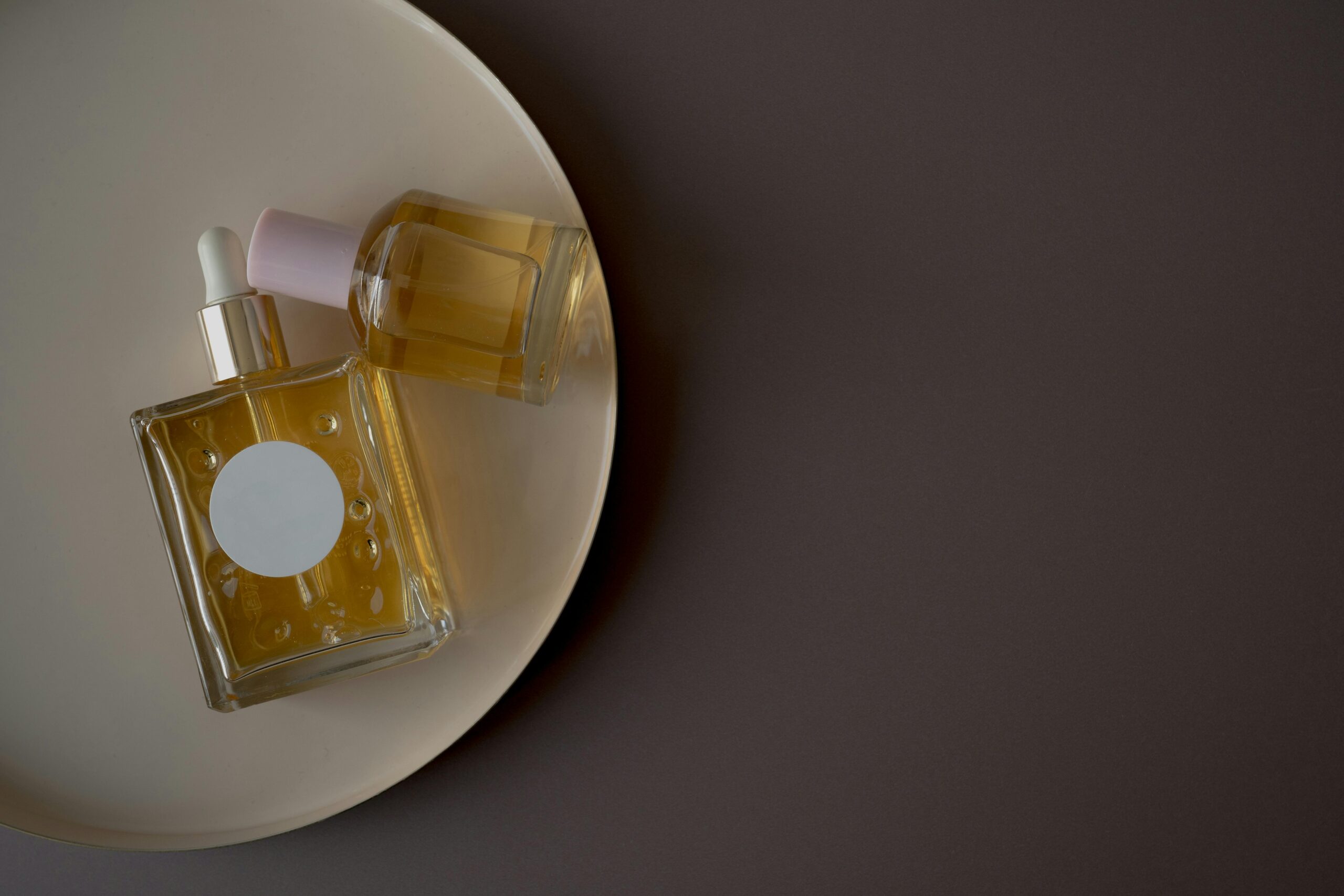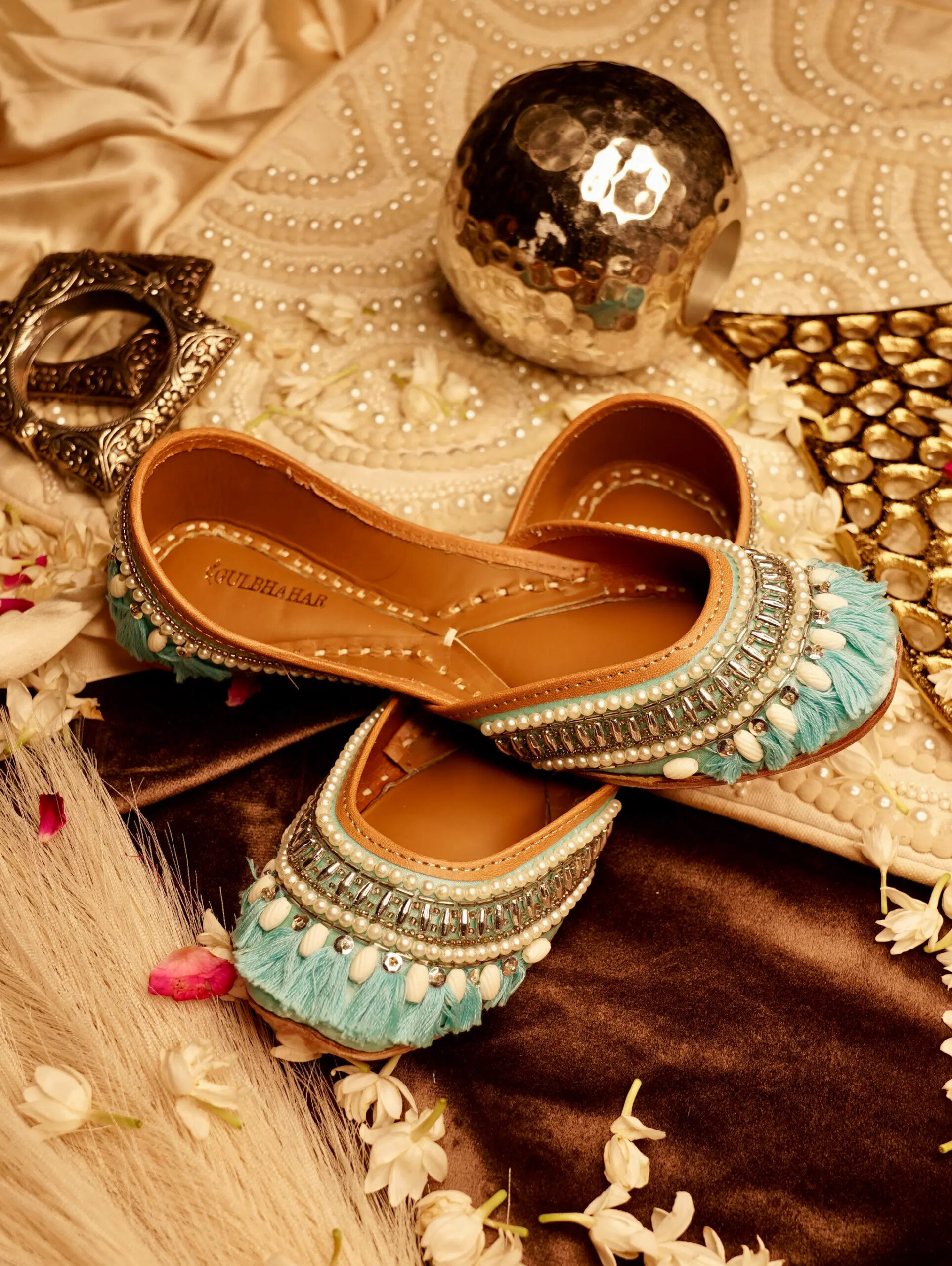From Bottle to Memory: Why Perfumes Define Our Stories

Perfume is more than just a luxury accessory—it is a storyteller. Each drop carries not only a carefully crafted blend of ingredients but also the power to evoke emotions, recall moments, and define our very identity. Fragrances connect us to memories in a way no other sense can, bypassing words and logic to strike at the core of who we are.
Think about how a whiff of lavender can transport you to your grandmother’s garden, or how the warmth of sandalwood essential oil can remind you of moments of peace and comfort. Perfume lives in memory, shaping personal and cultural narratives that endure long after the bottle runs dry.
This article explores the intimate relationship between perfumes and memory, why certain scents become part of our life stories, and how the Top Perfumes of history continue to define generations through their evocative power.
1. The Unique Connection Between Scent and Memory
Unlike sight or sound, the sense of smell is directly wired to the limbic system in the brain—the part responsible for emotion and memory. This biological shortcut explains why fragrances instantly recall vivid memories or feelings.
For example:
- The smell of citrus might remind someone of childhood summers.
- A woody note like sandalwood essential oil may bring back the serenity of meditation or spiritual rituals.
- A familiar perfume may instantly transport us to a first date, a wedding, or a moment of triumph.
Perfume doesn’t just complement our lives; it documents them.
2. Perfume as a Personal Diary
Every bottle we own becomes a chapter of our personal story. Unlike photographs or written words, perfumes store emotions in an invisible yet powerful way.
- The perfume worn at a graduation becomes forever tied to success.
- A wedding fragrance becomes a reminder of commitment and love.
- A favorite everyday scent narrates the rhythm of daily life.
This is why perfume lovers often say their collection is like a library of memories, where each bottle represents a specific moment or chapter.
3. The Role of Ingredients in Storytelling
Perfumes tell stories through their notes. Each ingredient contributes a different emotional layer:
- Sandalwood essential oil: Warm, creamy, and grounding. Often tied to spiritual or calming experiences, it evokes peace and balance.
- Rose and Jasmine: Romantic and timeless, these florals capture the essence of love and elegance.
- Vanilla: Sweet and comforting, reminiscent of childhood and coziness.
- Citrus Notes: Fresh and lively, they recall energy, youth, and joy.
Perfumers use these elements like words in poetry, weaving them into complex stories that resonate universally yet uniquely for each individual.
4. Top Perfumes That Shaped Generations
Certain fragrances have become more than just scents—they are cultural icons. These Top Perfumes continue to define stories across decades:
- Chanel No. 5 → Known as the epitome of elegance, it symbolizes femininity and sophistication.
- Guerlain Shalimar → With its vanilla and tonka richness, it became a symbol of passion and luxury.
- Dior Sauvage → A modern masculine classic, tied to confidence and freedom.
- Narciso Rodriguez For Her → An iconic musk perfume that shaped modern femininity.
These perfumes are not just successful commercially; they’ve become markers of history, tied to generations of wearers and cultural memories.
5. Cultural Narratives in Perfume
Perfume is not only personal—it’s cultural. Different regions use scent to tell their own stories:
- Middle Eastern Perfumes: Rich in oud, amber, and sandalwood essential oil, these perfumes symbolize heritage, strength, and tradition.
- French Classics: Sophisticated florals and aldehydes shaped European elegance.
- Asian Perfumes: Often subtle, green, and tea-inspired, reflecting balance and serenity.
Perfumes act as cultural storytellers, carrying legacies from one generation to the next.
6. Perfume as an Expression of Identity
Just as fashion defines style, perfume defines personality. Many people adopt signature fragrances to express who they are.
- A person wearing a strong woody fragrance with sandalwood essential oil may project confidence and depth.
- A lover of sweet, gourmand notes may communicate warmth and playfulness.
- Fans of light citrus perfumes may express liveliness and energy.
Perfumes allow individuals to “speak” without words, sharing identity and mood with those around them.
7. Perfume in Relationships: Shared Memories
Perfume also plays a powerful role in relationships. Lovers often remember each other through scents, and many couples choose specific perfumes for milestones like weddings or anniversaries.
The emotional impact of perfume means it often outlasts words in memory—people may forget the details of a conversation, but they’ll remember the scent that defined a moment.
Some of the Top Perfumes are chosen precisely for this reason—they’re meant to mark lasting memories of love, family, and intimacy.
8. Why Certain Perfumes Become Classics
Not all perfumes achieve timeless status, but those that do often combine three key qualities:
- Balance → Harmonious use of top, middle, and base notes.
- Memorability → A unique signature that lingers in the mind.
- Emotional Resonance → The ability to evoke memory and feeling.
Ingredients like sandalwood essential oil often contribute to this longevity because they connect to deep emotional experiences across cultures.
9. Collecting Perfumes as Collecting Memories
Perfume enthusiasts often collect bottles not just for their scents but for the emotions and stories they represent. Vintage bottles of Top Perfumes like Chanel No. 5 or Guerlain Mitsouko are highly sought-after, not only as collectibles but as carriers of history.
Owning a classic fragrance is like holding a piece of cultural memory—a reminder that scents, unlike trends, never truly fade.
10. Perfume and the Future of Storytelling
Modern perfumery continues to evolve, but its role in storytelling remains unchanged. Today, niche perfumes and artisanal blends allow wearers to create more personal stories, often using natural ingredients like sandalwood essential oil for authenticity.
Meanwhile, Top Perfumes continue to influence new creations, proving that memory and legacy are as important as innovation.
As we move toward sustainability, the narrative of perfume is also changing—eco-friendly formulations ensure that future stories are not only timeless but also responsible.
Conclusion
Perfume is not just about smelling good—it is about capturing life itself in a bottle. From the grounding serenity of sandalwood essential oil to the legendary allure of Top Perfumes, fragrances define our stories in ways that words never could.
They connect us to our past, shape our identities, and create shared memories that last lifetimes. Every spritz is a continuation of a story—whether it’s one of love, success, heritage, or personal discovery.
Perfumes are more than accessories; they are storytellers, carrying our moments and emotions wherever we go. And as long as there are memories to be made, perfumes will continue to define our stories—one bottle at a time.



